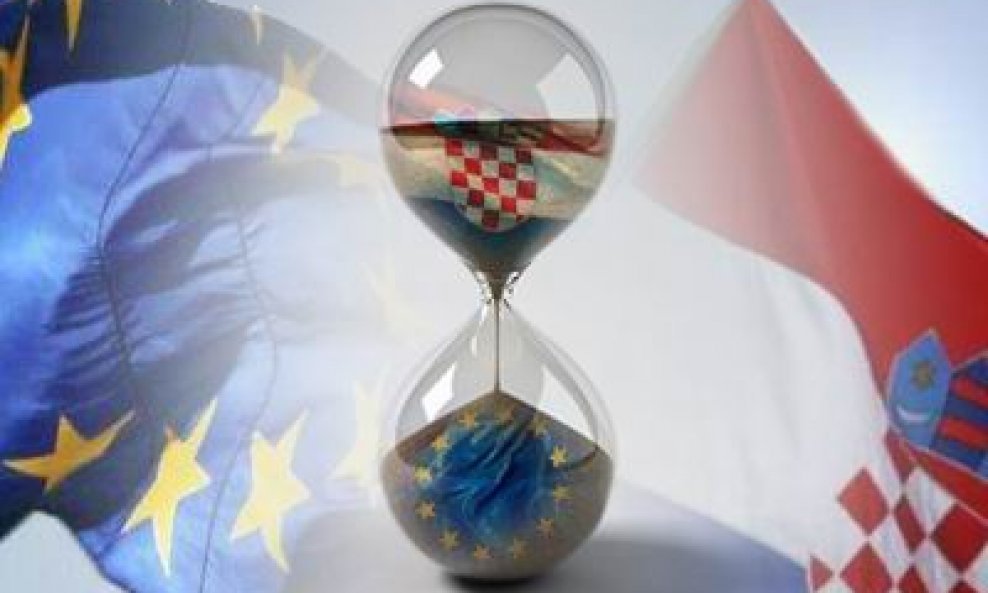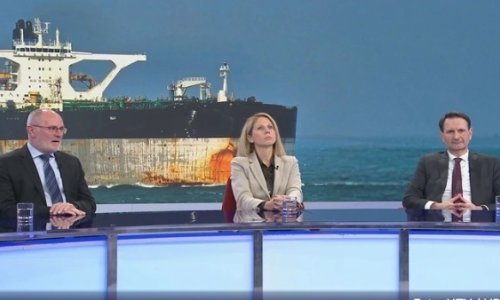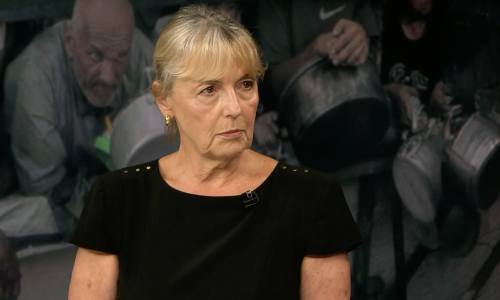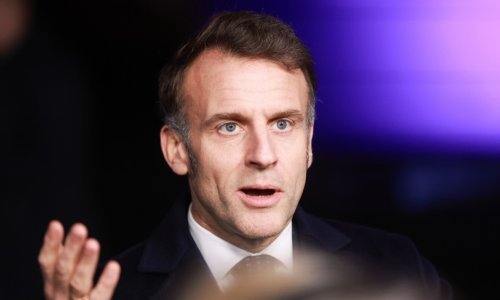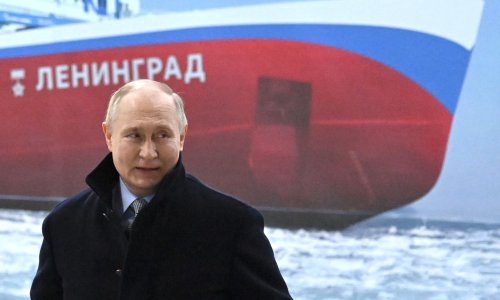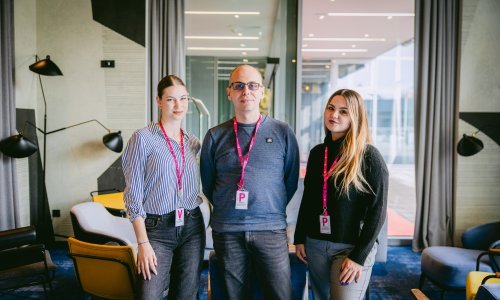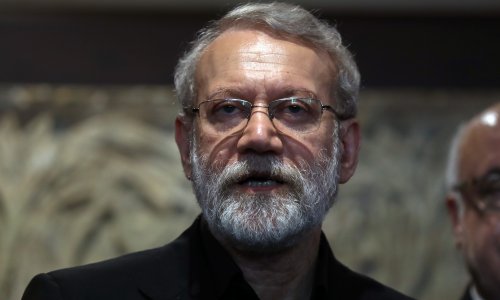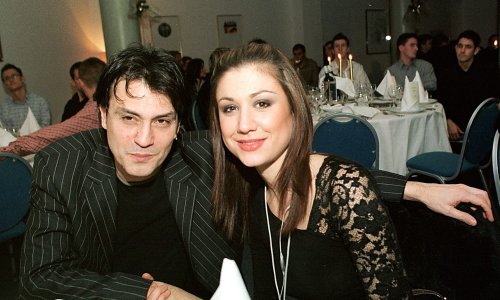Swedish Foreign Minister Carl Bildt said in Zagreb on Wednesday that Croatia would have an important voice in the European Union's institutions, notably when it comes to regional matters, and extended a message to Croatians ahead of Sunday's referendum on the country's accession to the EU that it would be easier to solve together the economic woes which Croatia and the Union were faced with.
We are waiting for the referendum's outcome. We have supported Croatia's EU membership bid in hard and easy times. I believe that Croatia's voice will be important in the Council of Ministers and other EU bodies, Bildt said after his talks with Croatian Foreign and European Affairs Minister Vesna Pusic.
All countries have economic problems, but it is easier if we solve them together, Bildt told a news conference he held with Pusic.
Bildt said that in the 1990s Sweden had undergone a deep crisis, and after a 1994 referendum and the subsequent entry to the EU, the country had achieved spectacular results.
What we did on our own was crucial, but the fact that we entered the EU was important for the credibility and stability of our economic policy, the Swedish minister said.
Pusic said that in Sunday's referendum, Croatia would decide on its future, and the referendum's outcome would be a message to the region and Europe.
"The attention is being focused on Croatia, on our ability and strength to grab this chance," Pusic said, warning against the consequences of a negative outcome which she said would also be a discouraging message to the region.
She said that the Croatian government was a proponent of bilateral talks in efforts to solve the outstanding issues with its neighbours.
Expressing her optimism after Croatia and Slovenia, with the international community's assistance, had agreed upon settling their border dispute through international arbitration, Pusic said that Zagreb would be poised to apply the same model in solving outstanding issues with Serbia "if it is proved that we are able to solve them bilaterally".
Asked about Serbia's chances of being granted the status of candidate country, Bildt said that Serbia had met the criteria in the internal policy, however, the EU would like to see progress in talks with the Kosovo Albanians.



